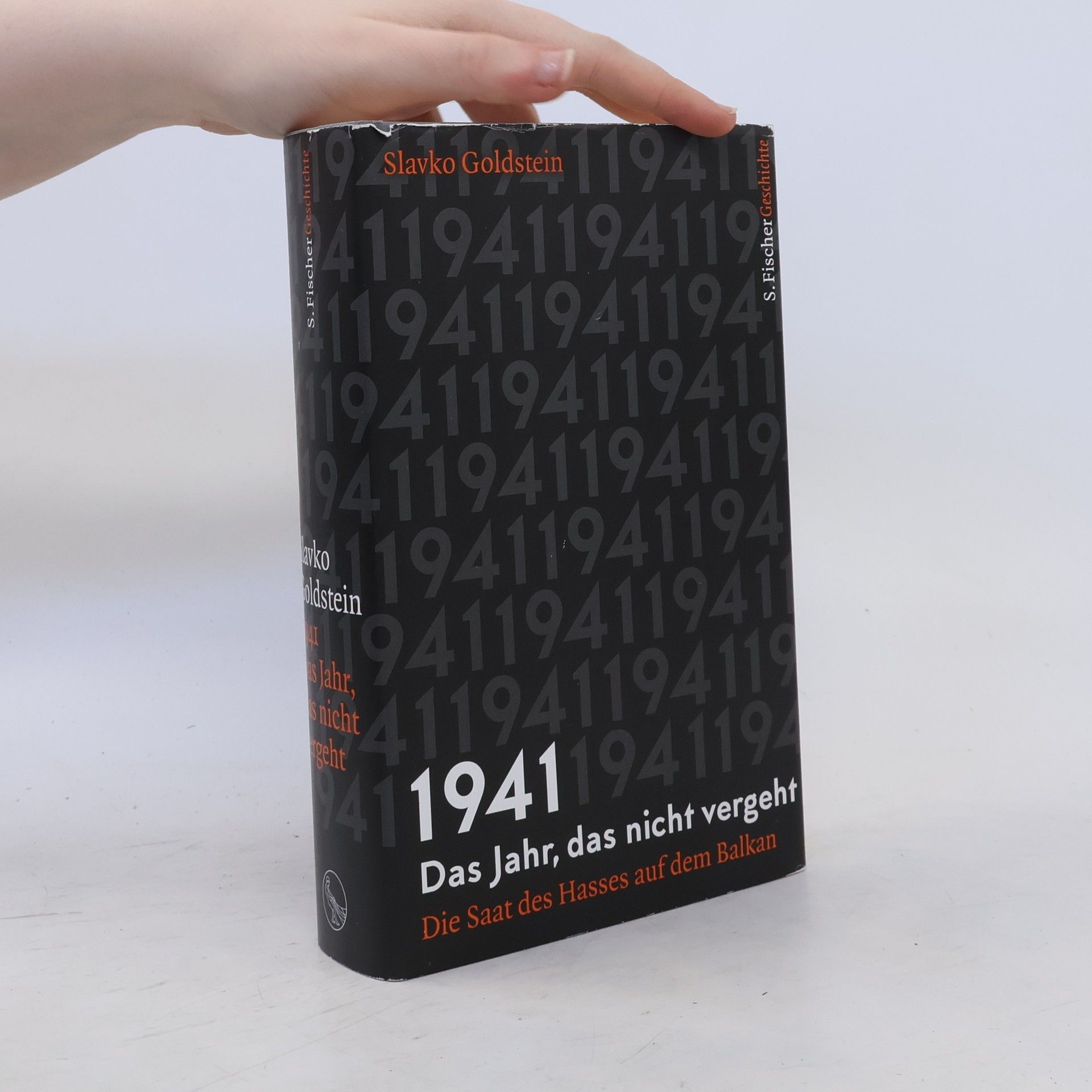1941
- 604pages
- 22 heures de lecture
The Year That Keeps Returning is Goldstein's astonishing historical memoir of that fateful year--when the Ustasha, the pro-fascist nationalists, were brought to power in Croatia by the Nazi occupiers of Yugoslavia. On April 10, when the German troops marched into Zagreb, the Croatian capital, they were greeted as liberators by the Croats. Three days later, Ante Pavelić, the future leader of the Independent State of Croatia, returned from exile in Italy and Goldstein's father, the proprietor of a leftist bookstore in Karlovac--a beautiful old city fifty miles from the capital--was arrested along with other local Serbs, communists, and Yugoslav sympathizers. Goldstein was only thirteen years old, and he would never see his father again. More than fifty years later, Goldstein seeks to piece together the facts of his father's last days. The moving narrative threads stories of family, friends, and other ordinary people who lived through those dark times together with personal memories and an impressive depth of carefully researched historic details. The other central figure in Goldstein's heartrending tale is his mother--a strong, resourceful woman who understands how to act decisively in a time of terror in order to keep her family alive.

